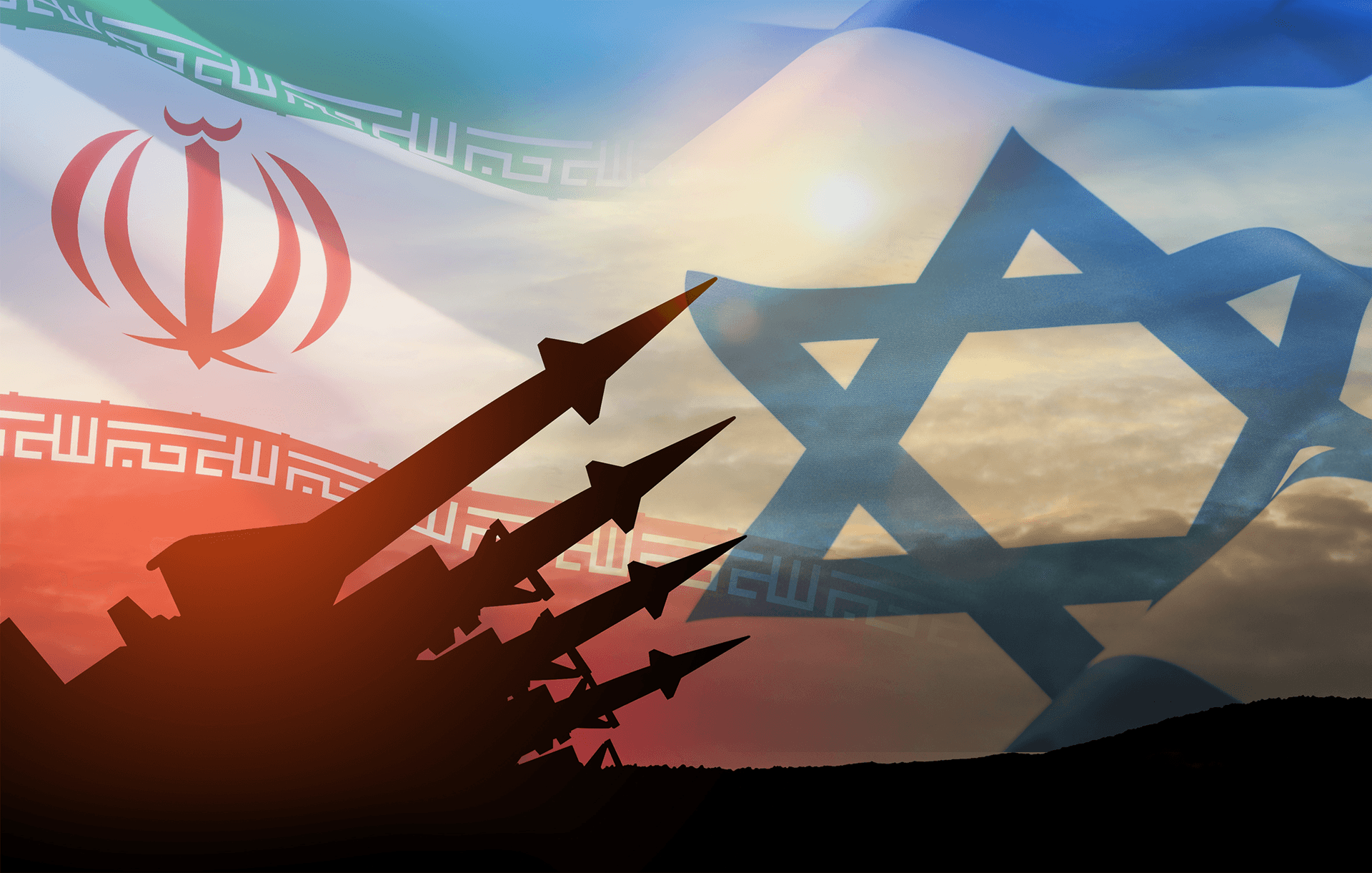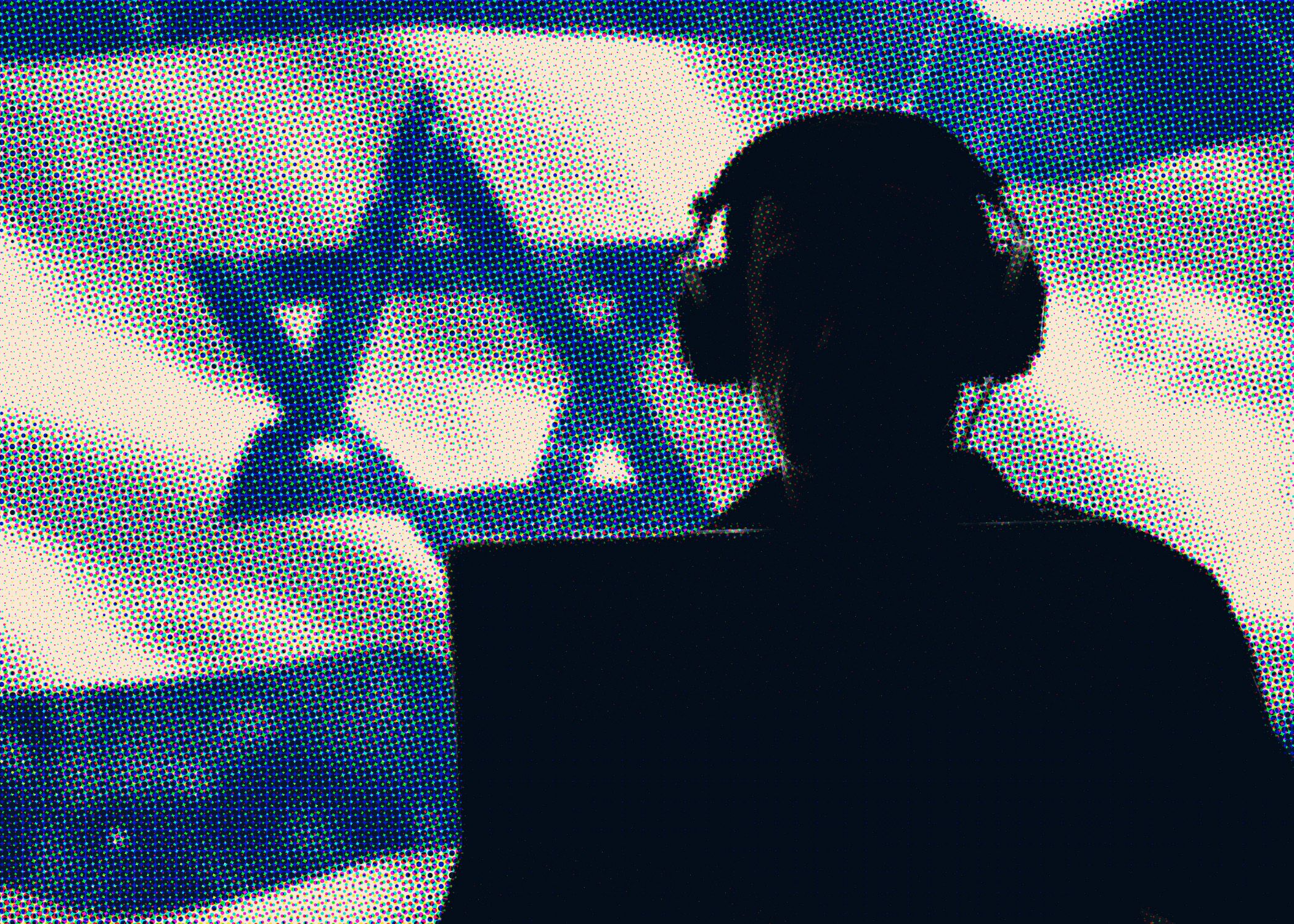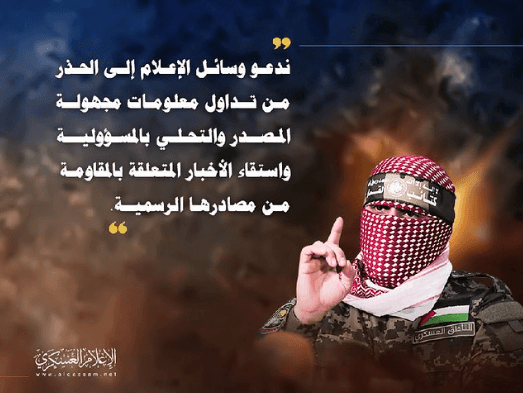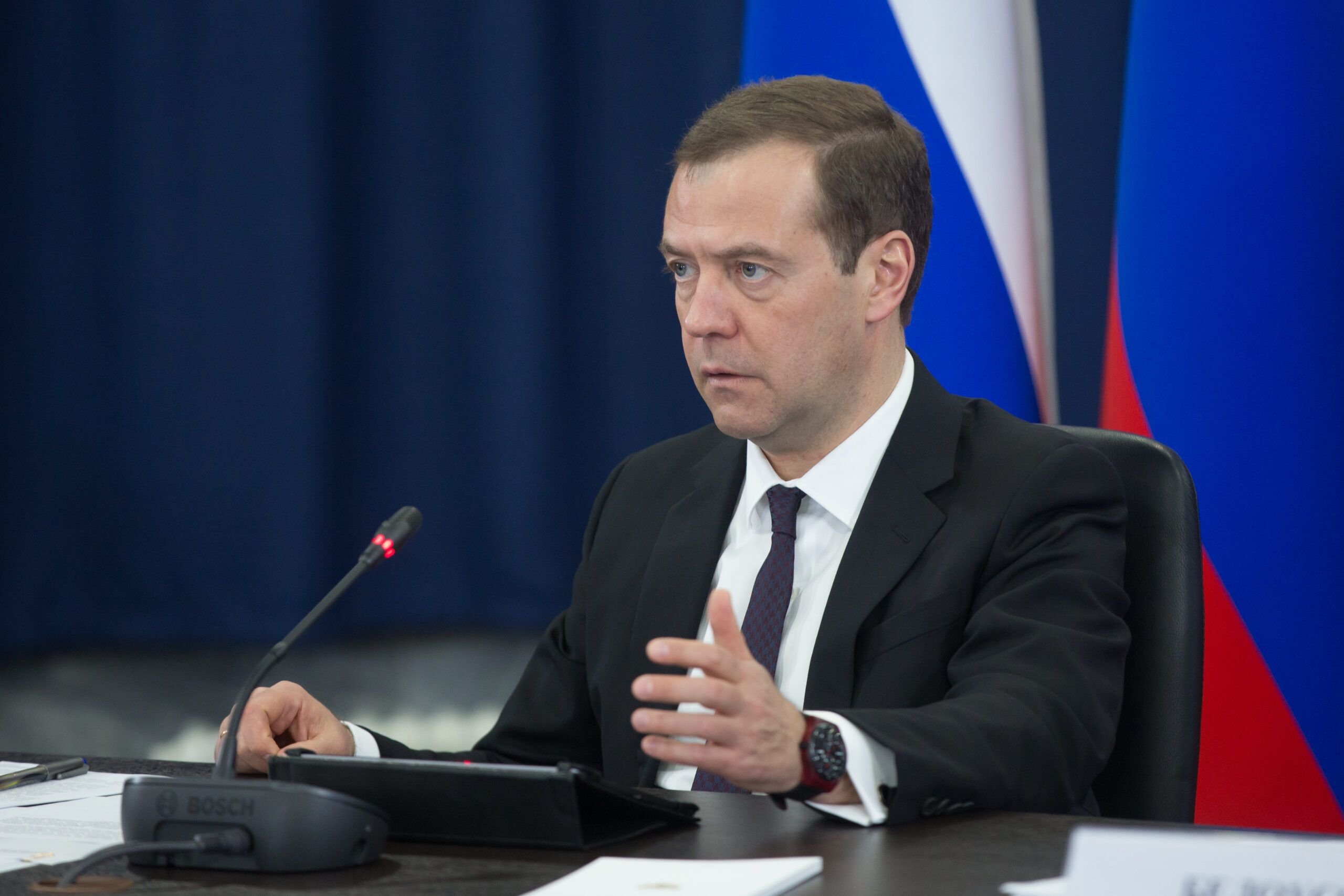Roundup: Iranian Media Outlets React to Strikes on Israel

After the attacks on the Iranian consulate in Damascus, the Islamic Revolutionary Guards Corps (IRGC), a branch of Iran’s military, launched strikes on Israel on April 13, calling the operation “True Promise.” The attacks were reportedly coordinated with the Houthis in Yemen, Hezbollah in Lebanon, and Iraqi resistance groups, leading to varied reactions from the international community.
World News Monitors (WNM) undertook a study to delve into the media narratives concerning these events, particularly focusing on Iranian-based or Iranian-supported media. The goal was to understand how these media outlets depicted the attacks on Israel and the importance they attributed to the incident. The findings aimed to shed light on the perspectives and biases present in the coverage from different media sources.
Article by Ettelaat News Agency, titled “Hard days of the old man; War with Iran means the end of power!” (Source: Ettelaat)
This detailed examination reveals not only the consistency in messaging across various platforms but also the strategic use of these narratives to shape public perception and international understanding of Iran’s military actions. Unsurprisingly, Iranian propaganda, especially from leading pro-government sources such as Iran, Ettelaat, and Kayhan, concentrated on interpreting Israeli media reports as acknowledgments of Israel’s unpreparedness or failure to defend against the Iranian strikes.
Key Articles and Narratives
An article titled “What do the Hebrew media say?” published on April 16th by Iran, the official newspaper of the Iranian government, claimed that Israeli outlets recognized Iran’s success in Operation “True Promise.” Referencing Ma’ariv, the article discussed the “importance, intensity, and danger of Iran’s operation against the Zionist regime” and posited that “Iran’s victory occurred long before this attack, rooted in the anticipation and anxiety it incited among the Israeli populace and media, who anxiously awaited Iran’s response.” It argued that Iran’s perceived victory was due to the extensive analysis and speculation by the Israelis about Iran’s potential actions. Further quoting Ma’ariv, the piece highlighted views that “there are wise people in Tehran who know exactly what they are doing,” and stressed a popular sentiment in Iranian media that Iran is not seeking to escalate tensions with America or Israel, but rather is playing by established international rules. The piece also cited Haaretz and Yediot Aharonot, noting these publications acknowledged Israel’s strategic missteps and its errors in attacking the consulate in Damascus.
Similarly, Kayhan published an article titled “The punishment and humiliation of Israel is the first headline of the world media“, echoing this theme of Iranian superiority and the global recognition of Israel’s defeat. The newspaper described the Iranian attacks as “the historical humiliation of Israel,” suggesting this perspective is widely held across global media. The article also claimed that international coverage validates Iran’s military advancements and depicts Western countries and “Zionist axes” as desperate and confused. In addition to citing major news organizations like the Associated Press, Reuters, The Washington Post, Bloomberg, and Israel Hayom, Kayhan used succinct phrases such as “America’s allies do not dare to attack Iran” and “Iran’s high military power has been proven,” attributing these statements to Reuters and the AP. The article also focused on The Washington Post’s commentary on former President Donald Trump, who criticized Iran’s growing power and lamented his own decision to withdraw from the JCPOA.
Furthermore, the piece underscored narratives from China and Russia about the historical eminence of their empires, positioning Iran as a contemporary counterpart to these great powers. Overall, the publication emphasized the formidable and successful nature of Iran’s strikes, conveying a message that neither Israel nor other Western nations can counter Iran’s military might.
Article cover on the emergency UN Security Council meeting by Iran newspaper
Another prominent article in the April 16th issue, titled “Kish and Political Deadlock After the Missile Shock,” focused on the emergency UN Security Council session held on April 14th. The piece highlighted statements from Russia and China, which it dubbed “the storm of defense.” The Russian statement was particularly noted for declaring Iran’s response to the attack on its consulate as legitimate, criticizing what it called the display of hypocrisy and double standards in the Security Council.
China’s position was also featured, condemning Israel’s actions as a “terrorist act” and describing the Iranian response as both restrained and justified. The article underscored the Iranian delegate’s stance that Iran is not seeking conflict with the US, but it also warned that if the US were to initiate military action, Iran would assert its right to respond.
The Iran newspaper portrayed the United States, France, and England as manipulating the narrative at the UN to suit their own ends, accusing them of distorting the truth and influencing justice.
The Ettelaat newspaper also covered the UN meetings in an article titled “The Security Council Rejected Israel,” noting that none of the sessions concluded with decisive outcomes. It emphasized again the Russian critique of Western hypocrisy and double standards. Additionally, the piece mentioned the representative from Algeria, who blamed Israel for escalating regional tensions, and highlighted the countries listed as opponents of Iran’s actions, including the United States, England, France, Japan, and South Korea. The article concluded by condemning these nations for their allegedly hypocritical behavior and echoed the Iranian representative’s assertion that the “Zionist regime is responsible for all criminal and terrorist acts against Iran.”
The newspaper Hamshahari published an article discussing the potential repercussions of Israeli military actions against Iran. The article portrays Israel as America’s “chain dog,” suggesting that the United States is attempting to distance itself from Israel’s missteps in its dealings with Iran. The article forecasts that Iran’s next military response will be significantly more severe, claiming that the forthcoming strike will be four to five times larger than previous missile and UAV strikes, targeting key military, economic, and infrastructural sites in Tel Aviv, Haifa, Dimona, and other locations. Regarding the United States, the piece warns that if Israel, depicted as the “chain dog,” is allowed to act freely, then the “owner” (the US) will not remain unscathed, hinting at possible attacks on ships in the Strait of Hormuz, Bab al-Mandab, and the Indian Ocean.
Extract of the article by Resalat (translated from Persian)
Resalat newspaper shared a narrative that Muslims worldwide celebrated Eid al-Fitr as a gift from Umm al-Qarai, praising Iran for its contributions and declaring that the free people of the world were grateful to Iran on this occasion.
Another report in the same publication claimed widespread global support for Iran following its strikes, with people allegedly gathering in major squares to chant against the Zionist regime. However, no photographic evidence was provided to support these claims. A different article discussed a simulated war scenario between Iran and the United States, critiquing the U.S. military’s underestimation of Iranian capabilities. Referring to the conflicts in Gaza as a real-life simulation of potential U.S.-Iranian conflict, the article concluded with a bold assertion of Iran’s capability to repeatedly destroy Israeli and American bases in the region.
Other media sources such as Aftab and Tabnak have echoed rhetoric that Israel is constrained in its capacity to retaliate against Iran, suggesting that Western allies restrict Israel’s ability to respond to the attacks, or that Tel Aviv lacks viable options for a counterstrike. These articles also emphasized that the Iranian attack was aimed at deterring future Israeli aggressions and conveyed a clear message that Israel can no longer target Iran’s top military leaders without repercussions.
Geopolitical Alignments
In an article exploring the broader geopolitical implications, Sputnik Afghanistan, affiliated with a Russian news agency “Sputnik” published a piece titled “Escalation of Tensions in the Middle East Could End the Conflict in Ukraine.” Citing the Ukrainian news source Strana.ua, it suggested that Iran’s military actions on Israeli soil might escalate to a full-scale conflict, potentially prompting the United States to withdraw from the Ukrainian front to redirect its focus.
Russian interests and perspectives were frequently highlighted in these discussions. Asriran’s article referenced a RAND Corporation analysis on Russia’s national interests and the potential for a large-scale conflict in the Middle East, describing Iran as one of Russia’s main military allies and a key partner in transporting Russian oil globally via the so-called Iranian ghost fleet. News outlet Fararu posted an article on Russia’s reaction to Israel’s attack on the Iranian consulate calling it “unacceptable“.
Hamshahri also covered a telephone diplomatic exchange between Russian and Iranian Foreign Affairs ministers. The article detailed their discussion about Iran’s response to the consulate attack, noting Russia’s support of Iran’s actions as responsible and restrained. The piece concluded with Russia expressing a hope for reduced tensions in the region and reaffirming its strong support for Iran, grounded in the principle of legitimate defense.
The relationship between Iran and Russia is especially highlighted in these narratives, portraying Russia as a crucial ally that supports Iran’s actions within the international arena. This alliance is framed within the context of providing a counterbalance to Western influence in the Middle East and reinforcing Iran’s position in global politics. The coordination and mutual support between these nations are critical elements that Iran leverages to bolster its international standing and to navigate the complex dynamics of regional and global diplomacy.
In conclusion, the Iranian media has used the events of April 13 to reinforce a narrative of strategic and psychological dominance over Israel. This portrayal aims not only to bolster domestic support within Iran but also to challenge international perceptions of the power dynamics in the Middle East. Such narratives underscore the complex interplay of media, national policy, and international diplomacy in shaping global events. The consistency of this messaging across Iranian-backed media indicates a concerted effort to frame Iran as a formidable power in regional politics, capable of defending its interests against Western and Israeli influences.
More from the author





